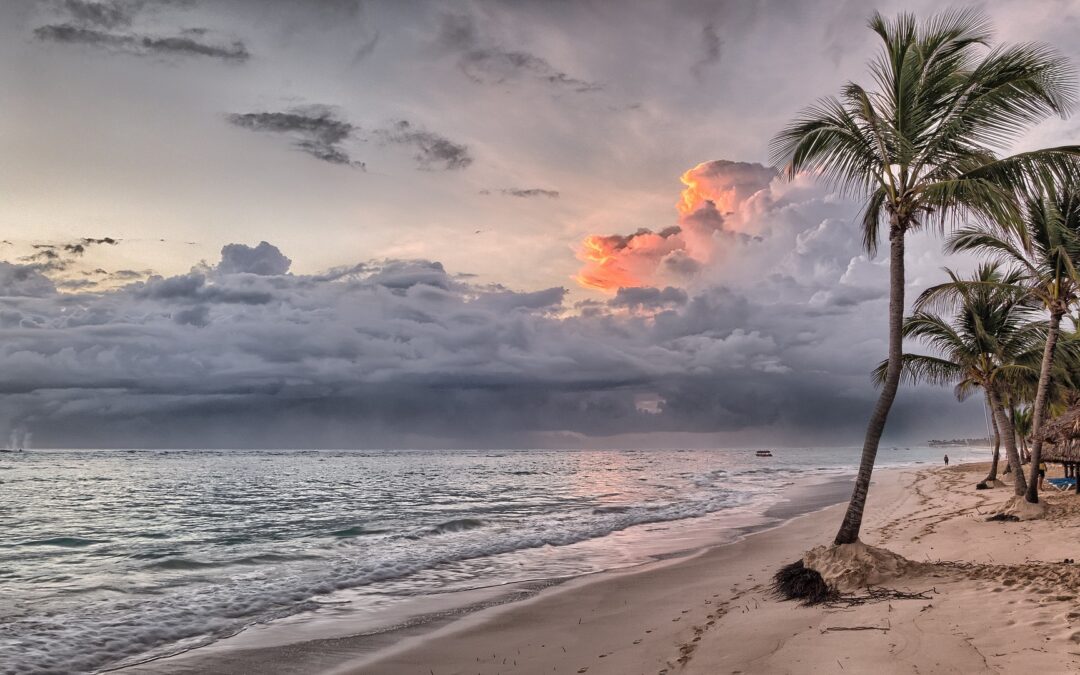Tropical, what does that mean? For most of us, the word conjures up images of squeaky-clean beaches, lush jungle backdrops, and the smell of coconut oil wafting through the air. Yes, we have all been there, however, the reality of Living in the Tropics is a little different.
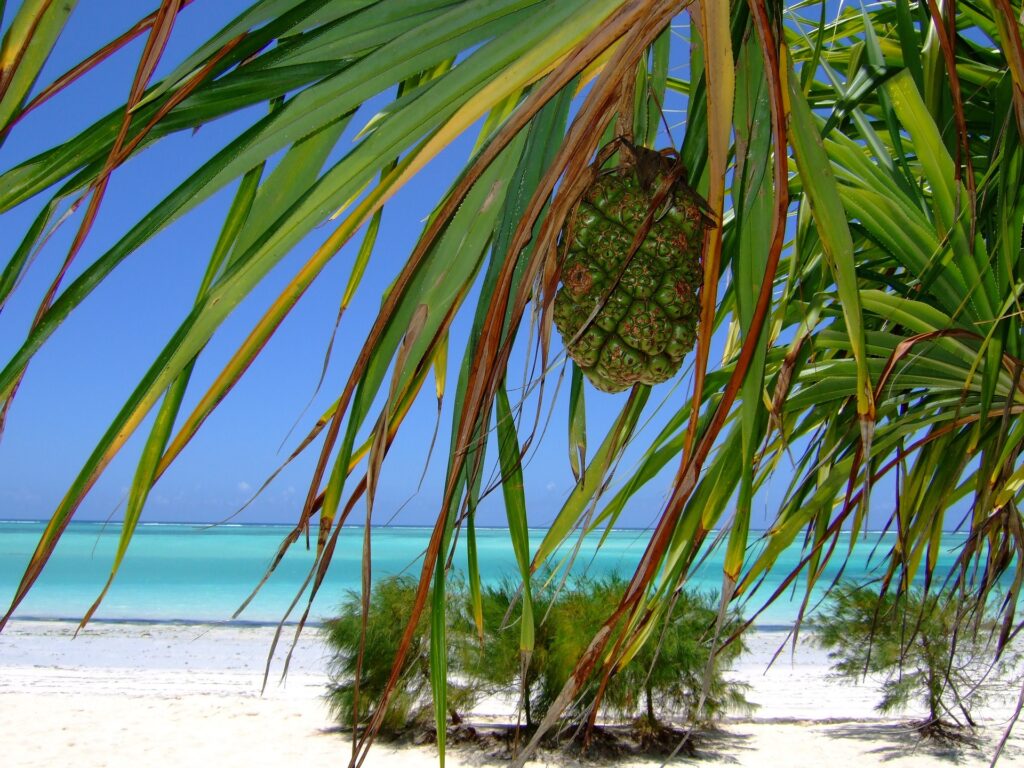
The Tropics
The tropics lie between the tropic of Capricorn in the southern hemisphere and the tropic of Cancer in the northern hemisphere. They cover 40% of the earth’s land mass and account for 40% of the world’s population. They enjoy more direct sunlight and are generally hotter and wetter. Its tropical climate gives way to a more diverse biosphere, a more laid-back way of life, and possibly a more healthy existence. While all that is very positive, there are still challenges that come with living in the tropics.
I live 10 degrees north of the equator in Kep, Cambodia. Since moving to Cambodia I have had to adjust to a number of things. However in saying that, many things have come easy.
There are only so many trips around the sun! It’s important to live the life that you want, the life that can give you the most happiness. I hope that when you have finished reading this you will have gained an insight into what it is like to live in a tropical climate. Let’s have a look at the good and bad and see if it is right for you. You can make up your mind either way!
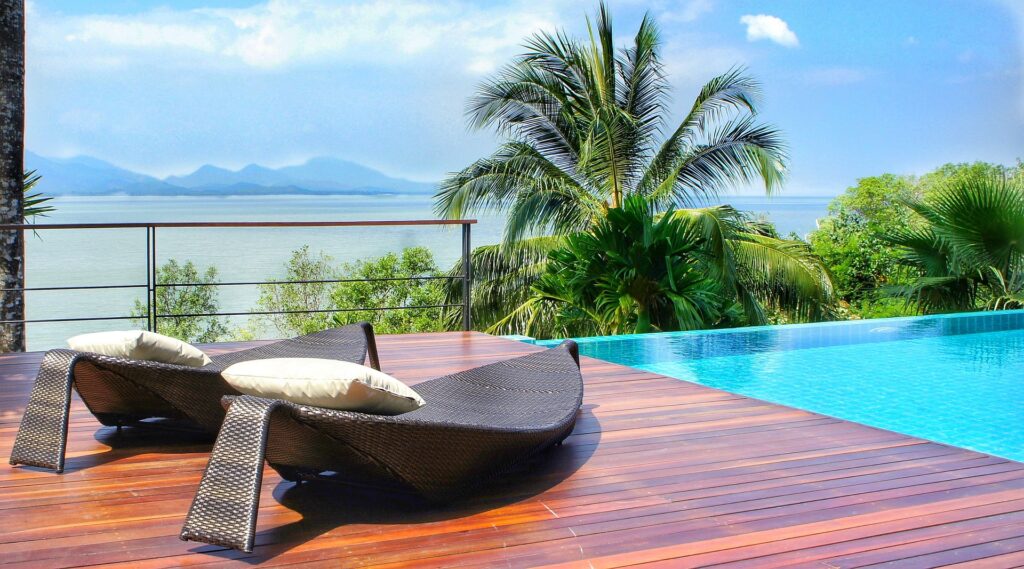
The Good – Living in the Tropics
1. Simplicity
One of the first things that come to mind when living in a tropical climate, is that life is more simple. The pressures of the modern western world seem to fade away amidst an equatorial blazing sunset. You don’t need a car. Transport is cheap and easy. Most things that you need are only a stone’s throw away. Every street corner is offering the most essential services, food, and drink, and furthermore, you seem to want for less. Less is more when living in the tropics!
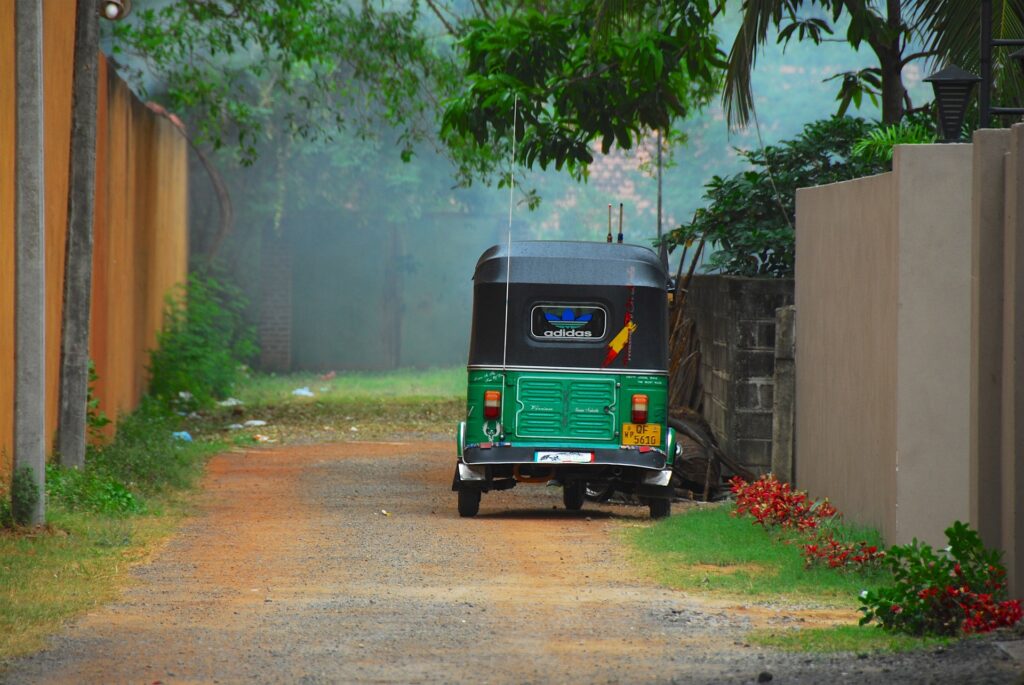
2. Climate
Who doesn’t love a tropical climate? Hot days, followed by an afternoon storm and followed up with a warm, sultry evening. I have listed this in one of the good things about living in tropics, but it will also be discussed in the bad things section of living in the tropics.
Most of the tropics are prone to 2 seasons, a hot season and a rainy season. Mind you, if you are living at a higher altitude you will also experience cooler weather. Depending on your location, the temperature can range anywhere between 25 to 40 degrees. Furthermore, when it rains, it rains. Torrential downpours often occur mid to late afternoon, however, it is only for a couple of hours and makes the perfect time for an afternoon siesta!
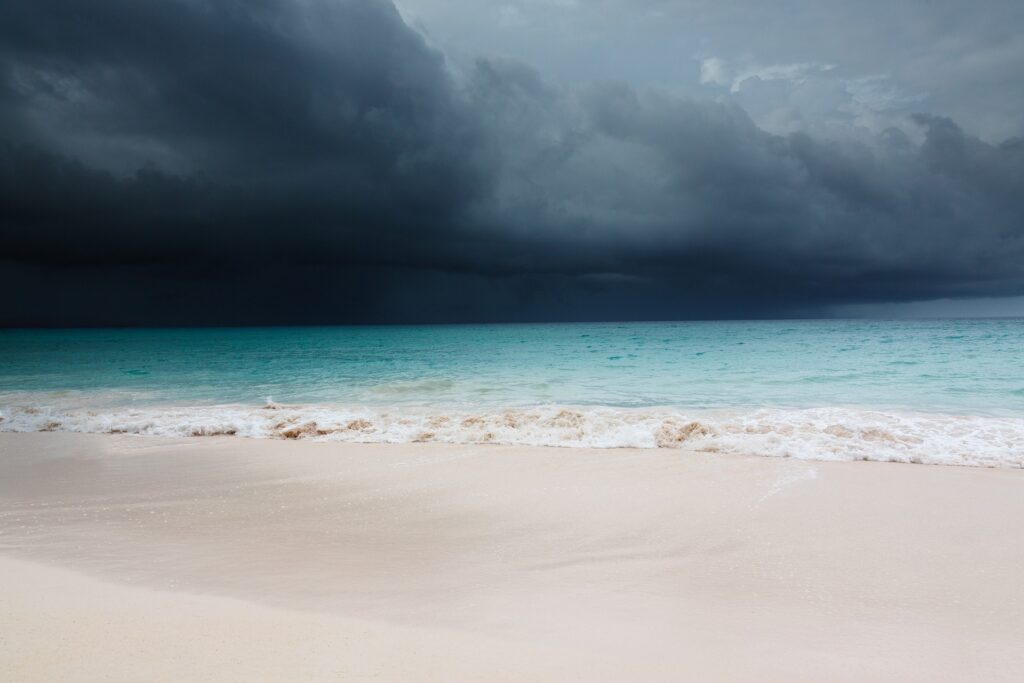
3. Wardrobe – Living in the Tropics
This is a big one! Your wardrobe cost will be cut by 70% (maybe). If you live in a cold climate the price of “rugging up” can get quite expensive. Add to that your 9 to 5 work clothes. A smart pin-stripe suit, and an elegant dress, all with shoes to match, will no doubt need its budget checked every year.
In contrast, living in the tropics is the complete opposite. All your clothes will be colorful and lightweight. Bright and breezy outfits, matched with a local pair of flip-flops or sandals, and you’re off. In fact, the biggest decision that you may make on a particular day is to what sarong you will be wearing.
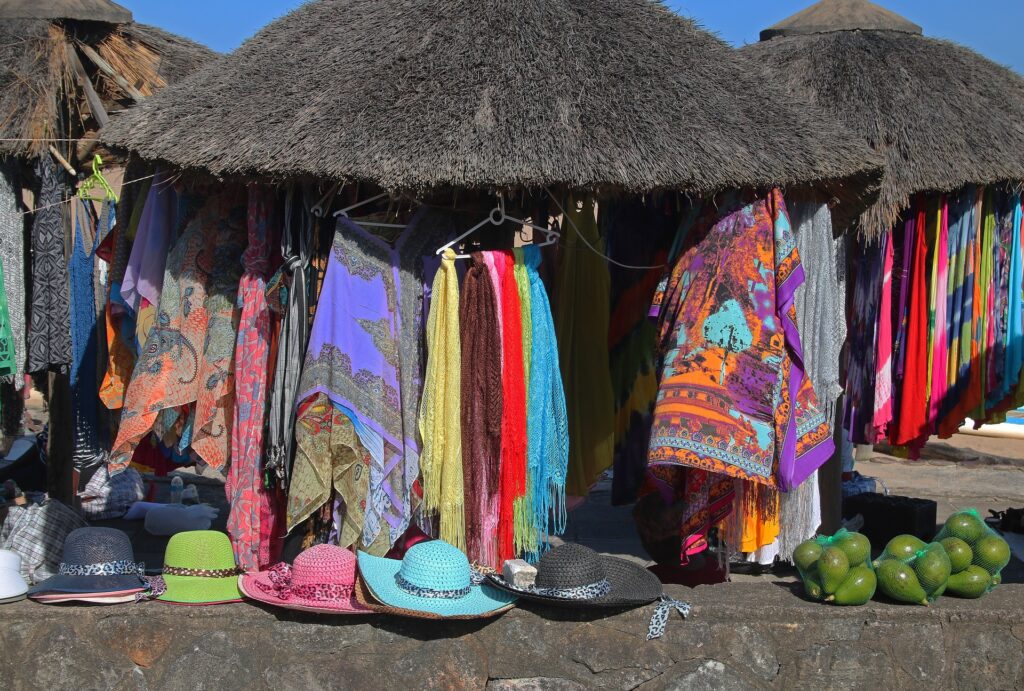
4. Nature – Biodiversity
The high temperatures of the tropics generate and maintain a higher diversity of plant and animal life. Tropical ecosystems exist in rainforests, dry forests, savannas, deserts, and others. More than two-thirds of the world’s biodiversity resides in tropical regions, hence, an explosion of life!
Living in the tropics you will no doubt get up close and personal with many species of plant and animal life that you have never seen before. Nature is all around. Make sure to embrace it, it is truly wonderful!
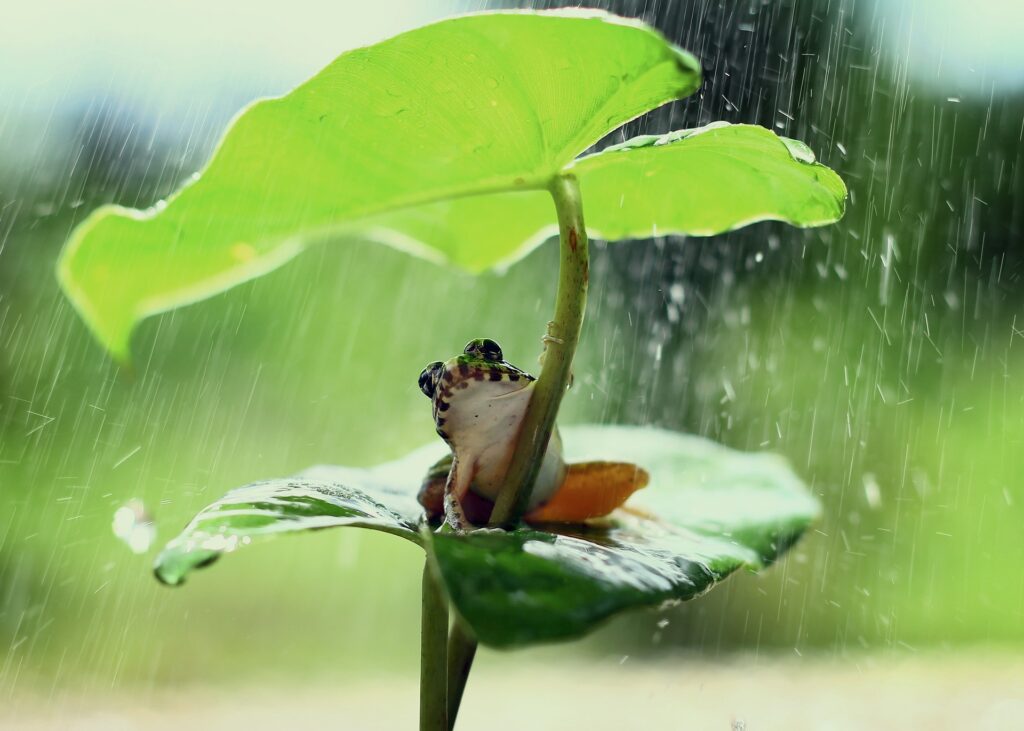
5. Skin and Makeup
Since moving to the tropics I now have no need for moisturizing cream. Your skin retains more moisture in a humid climate due to the moisture in the air. If you must apply moisturizer you will only need a lightweight one. However, the UV index is higher in the tropics, so you will definitely need a sunscreen.
You may also find yourself leaving the makeup kits in the cupboard. A full face of makeup can feel very heavy and even turn runny. If you still need to apply makeup for those special occasions, you will only need a light application.
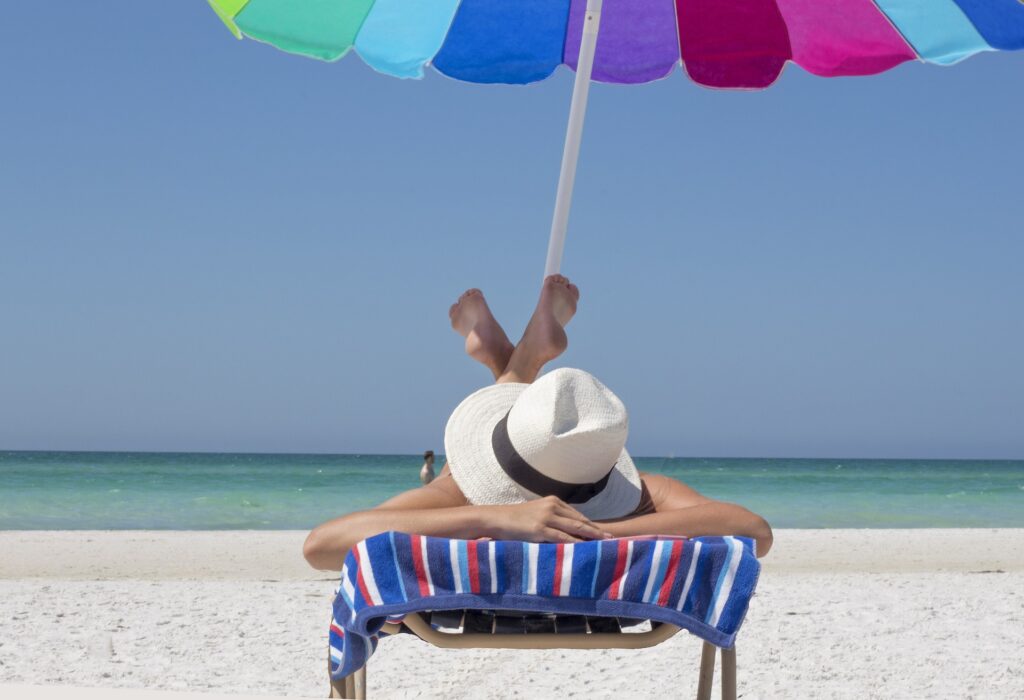
6. Culture – Living in the Tropics
The tropics are home to some of the oldest civilizations on earth. This being the case, it is only natural that the tropics form a band of diverse cultures, religion and practices that are imbedded in each generation. As opposed to the western world, it makes for an interesting and colorful way of life. The sounds, smells and tastes are dominate in the day to day living. Ancient traditions are followed ceremoniously, blending in with everyday life.
Living in the tropics you are presented with wonder, curiosity, and amazement every day. The mundane existence of a western culture disappears, and the world opens up. It feels like you are in the center of the world, surrounded by different ethnic groups, speaking different languages in only what can be described as, a melting pot of culture.
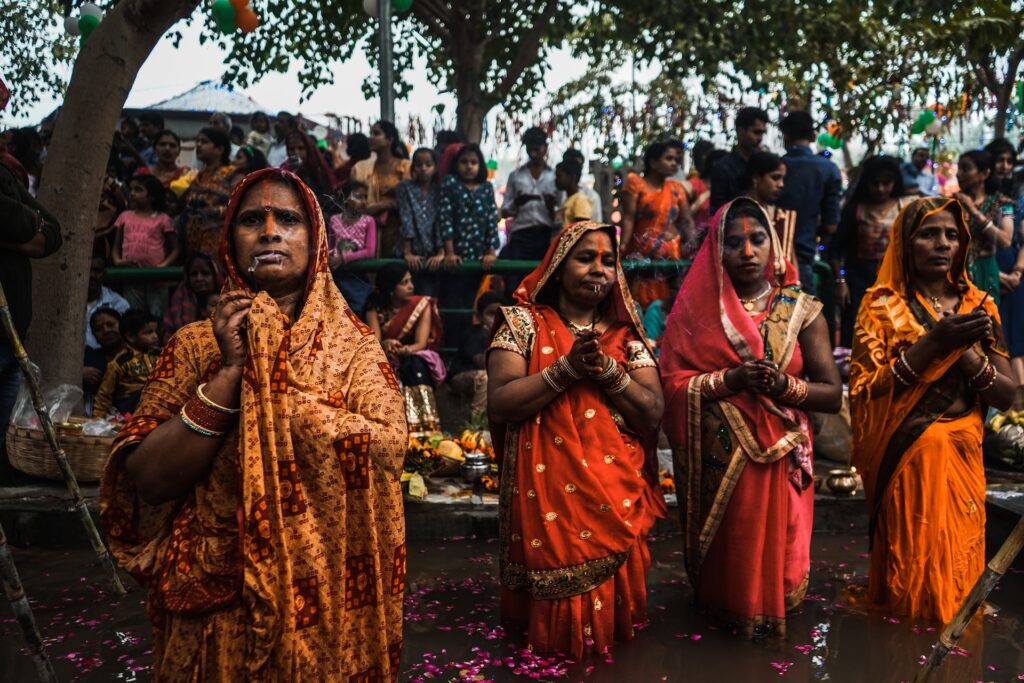
7. Growing Vegetables
If you are an avid gardener, you find pure delight in gardening in the tropics. As long as you get the soil right you will be able to grow vegetables all year round. Whilst the hot and humid conditions will present a few challenges, the majority of the time you will always have fresh vegetables to eat. Eggplant, tomatoes, cucumbers, beans, lettuces plus a huge variety of Asian greens can be on the go at all times.
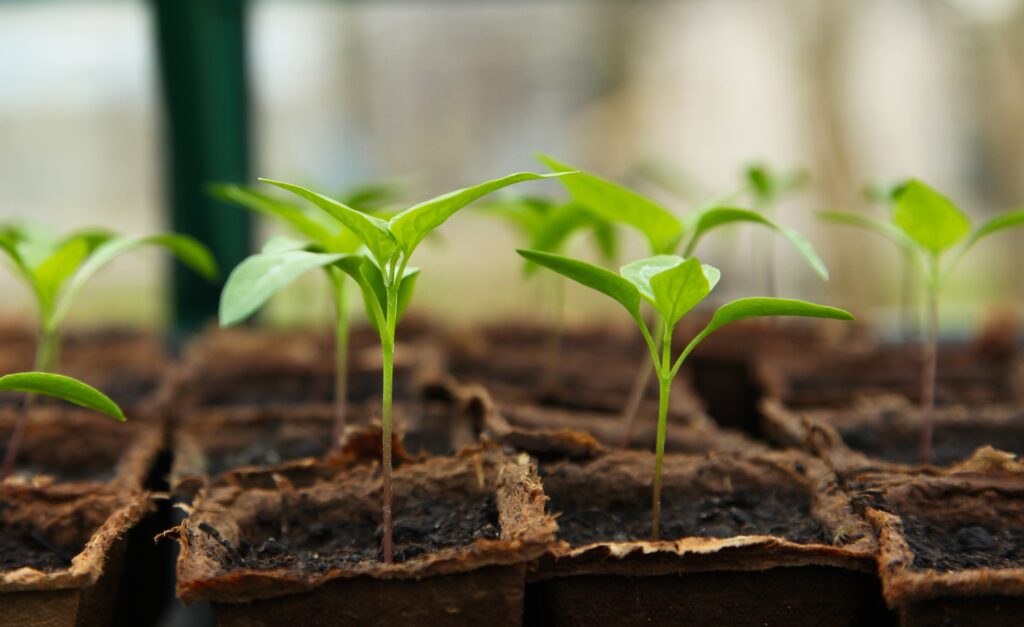
8. Health – Living in the Tropics
They say living in the tropics is good for health. Let’s have a look at a few of the benefits.
- Pace of life – People are generally more relaxed in the tropics, maybe due to the heat. It feels like you are always on holiday, and this can have a big impact on your stress levels.
- Exercise – When the sun is shining you feel like getting out and about. Whether that be in the garden, walking along the beach, or trekking through a leach-infested jungle, the urge is there, and your body will thank you for it at the end of the day.
- Food – Living in the tropics will normally lead you to lighter and fresher food to keep you cool and energized. There is always plenty of tropical fruit nearby and if you live near the ocean you will no doubt be eating lots of seafood.
- Mood and Memory – Vitamin D levels is also connected to hormones that improve your mood. There is no shortage of Vitamin D in the tropics. Furthermore, living a more relaxed way of life improves your memory. You have more time to think and reflect!

9. Shopping
Shopping takes on a whole new experience when living in the tropics. Visiting the local markets everyday is not a chore, it’s more like a curious little journey. The vendors are always smiling and everything is fresh. Also everything is very cheap, only a fraction of what you would pay back at home. Furthermore, it is just a more interesting way to shop. Also, you don’t usually need to fight for a parking spot!
If you live in the city or larger towns you will still be able to purchase western products from the supermarket, albeit, more expensive, similar to what you pay in your own country. The selection may also be more limited, however, you should be able to find most of your favorites.
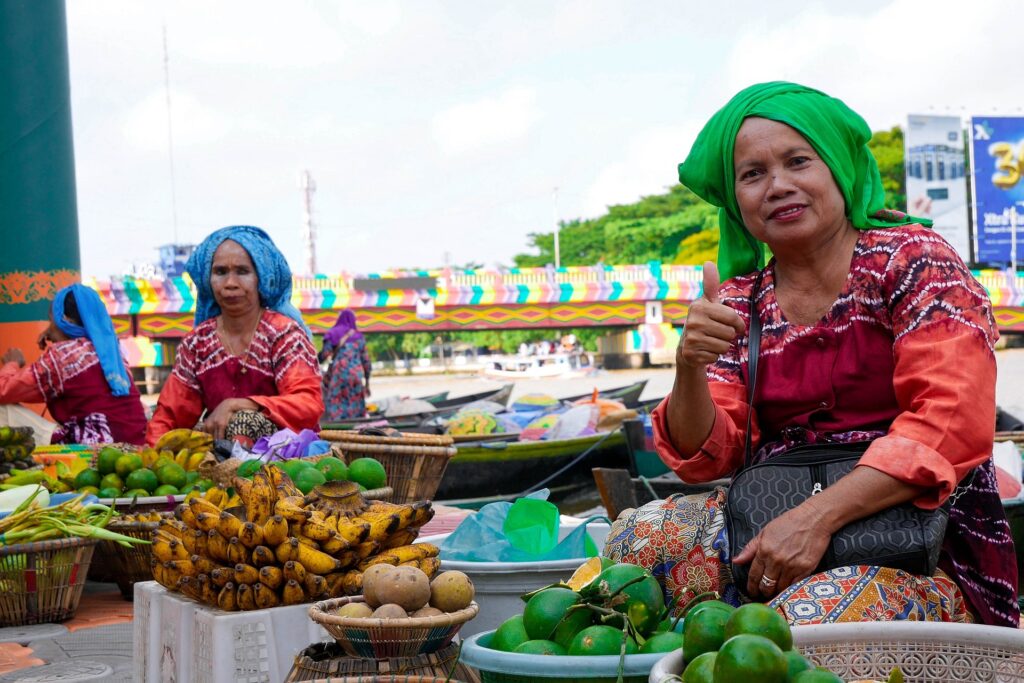
10. Cost of Living – Living in the Tropics
This is another big one! The cost of living in the tropics is considerably lower than in the majority of western countries. Southeast Asia, Central, and South America, Africa, and the Indian Sub-Continent all enjoy a lower cost of living. Most of these countries are a lot poorer than the west, and consequently, prices usually stay at a level that the local population can afford. However, if you want to live a more lavish lifestyle, which many ex-pats do, expect to pay more.

The Bad – Living in the Tropics
1. Tropical Diseases and Fungal Infections
Its no secret that living in the tropics carries a higher risk of contracting some sort of disease or infection. Since moving to Cambodia I have had the unfortunate pleasure of contracting dengue fever. I wouldn’t wish it on my worst enemy. Also due the heat and high humidity I have also encountered a few fungal infections, however, I will not go into detail about those.
The so-called “exotic” diseases in the tropics have long been noted both by travelers, explorers, etc., as well as by physicians. The hot climate, accompanied by large amounts of rain provide the perfect conditions for the formation of breeding grounds.
Other diseases worth noting are malaria, cholera, yellow fever and ebola. Furthermore, throw in all the parasite borne diseases, such as tapeworm, roundworm, whipworm etc. and we have nearly covered the lot, but, I am sure there are more.
All that said, as long we are aware of what’s out there, we can then take all the precautions to protect against them. Apart from a few, such as dengue and malaria, most things are treatable.
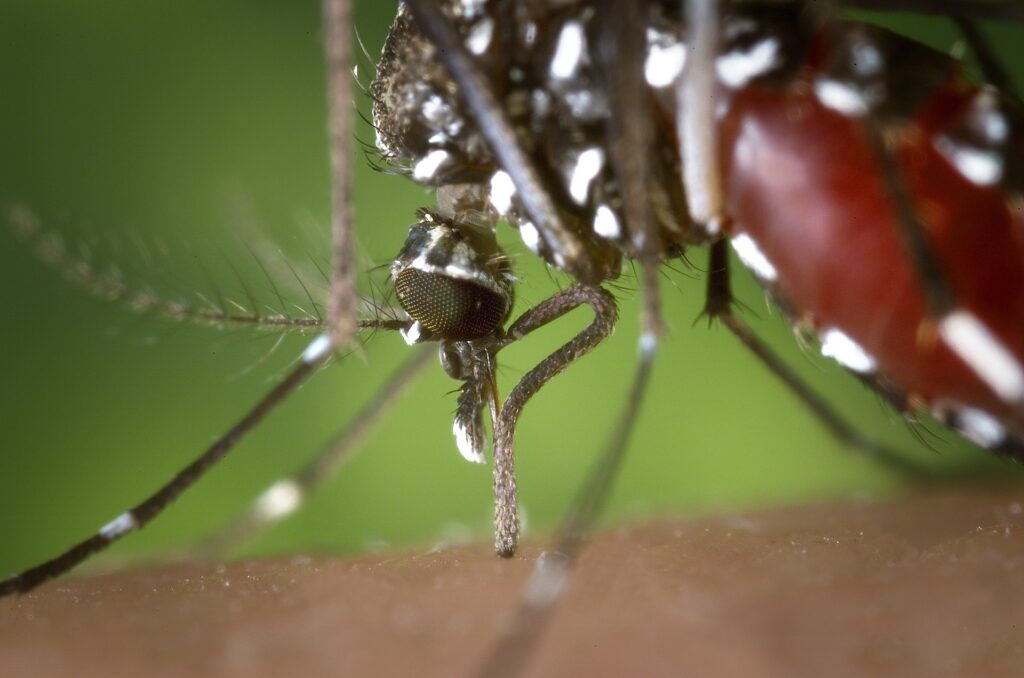
2. Creepy Crawlies – Living in the Tropics
As mentioned above, plant and animal life are abundant in the tropics, which consequently brings a number of creepy crawlies with it. Whilst some are dangerous, most are not.
Since living in the tropics I have come across different varieties of snakes, scorpions, and several interesting looking spiders. The two that freaked me out most, were the Malaysian Pit Viper snake and the Thai Black Tarantuala. I was up close and personal with both of them, however, they kept their distance and eventually moved along.
When gardening, walking through forested areas, or wading through wetlands, it is always best to wear the appropriate attire to avoid any mishaps. All this said it would be very rare to get bitten by any of these animals, they are usually more scared of us!
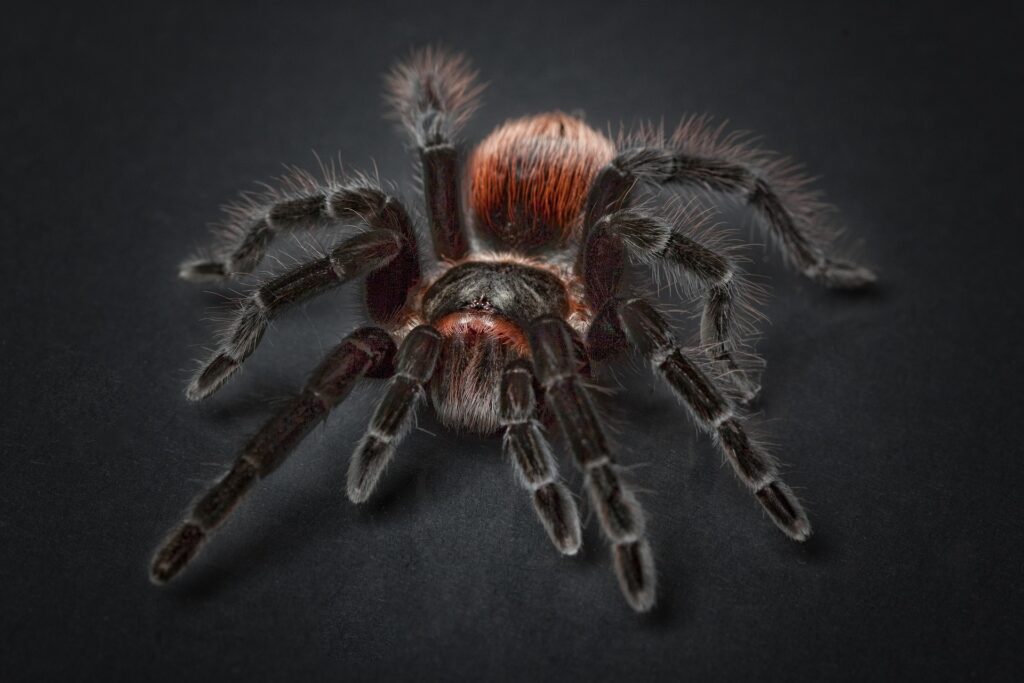
3. Humidity
The humidity can be a killer. Your energy levels drop like loose-fitting pants, and the sweat runs off you like a cascading river. In the heat of the day it can be best to stay indoors. Sometimes it is just too hot! The mornings and evenings are best for outdoor activities.
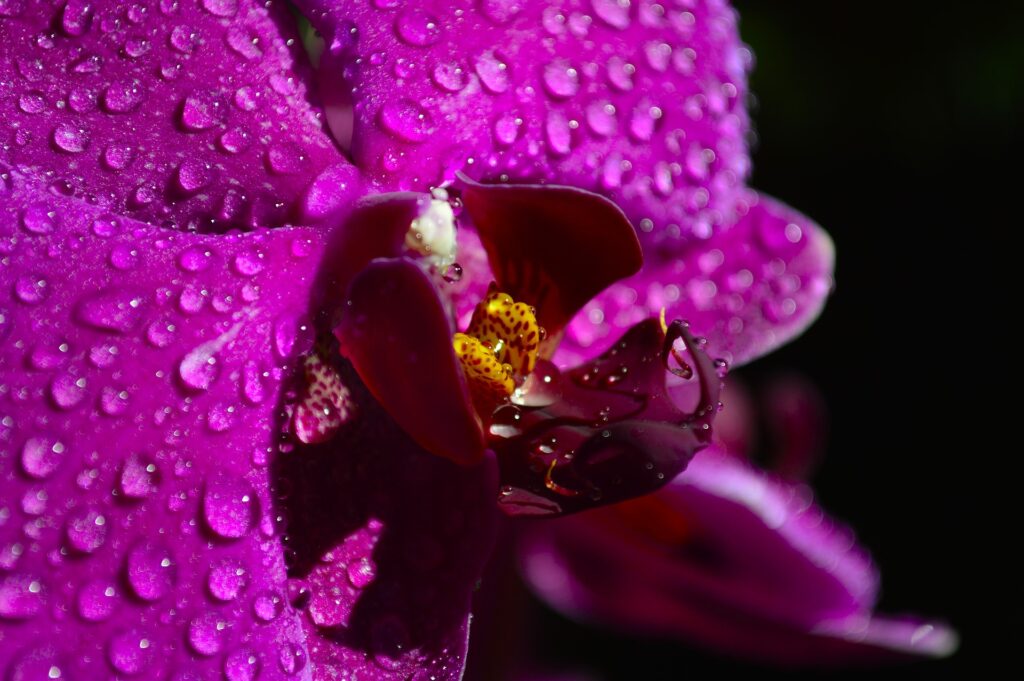
4. Plastic and Litter
Many countries in the tropical regions have a big problem with plastic and litter. They simply don’t have the infrastructure to clean it up. infrastructure is one of the problems, and another is education. Everything you buy comes in plastic. From the supermarkets to the local markets to the roadside stalls, everything is sold in un-reusable plastic packaging. Furthermore, most of this packaging ends up on the street, waterways and ocean. Coming from Australia, which has effective recycling policies, it can be very disheartening to see.

5. Healthcare
Another negative of living in the tropics is the healthcare. Whilst some countries fare better than others, overall, quality care and expertise are usually lacking. This is especially true when living in rural areas. When someone passes away, and you ask, “How did they die?”, nobody really knows the cause. When they were sick, it is more than likely, they were treated with several different colored pills, the local physicians trying to cover all bases, without actually understanding the symptoms.
If you do have a serious ailment, it is best to travel to an appropriate country nearby, or even better yet, head back home and get treated there.

6. Communication – Living in the Tropics
This one is more frustrating than bad. Whilst some countries in the tropics speak very good English the majority don’t. I know we should attempt to learn the local language, but this is sometimes harder than first expected. Learning the basics is usually not a problem. It’s when you want to have more of a conversation, expressed with a touch of feeling and emotion to get your message across, herein lies the problem. It is no one’s fault, it is just the way it is!

In Conclusion
If you have made it this far, WELL DONE, and thank you for reading! . Living in a tropical country certainly has its pros and cons, however, for me, the good outweighs the bad.
I live on a mango farm in Southern Cambodia and have also traveled to many tropical countries in the past. Living in a tropical country arouses all of your senses, and in a way, makes you feel more alive.
I hope this blog has given you an insight into what it is like to live in the tropics, which in turn will help you decide whether or not it is for you. We would also love to hear from other people who live in the tropics, what are your good and bad things? Pleased drop a message in the comments!
You can follow us on Instagram here and check out are other stories here!


